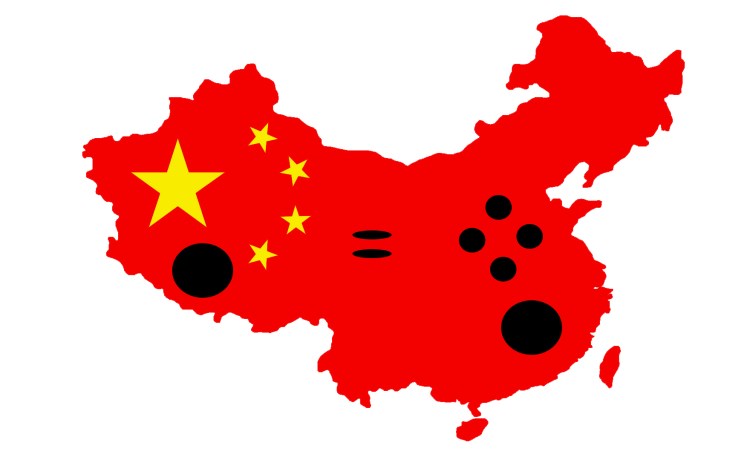China has created a new approval process for games, as market analyst Niko Partners has detailed.
The country is the largest gaming market in the world, but all publishers must submit games to the government for content and monetization review. This can make the process of releasing in China difficult.
The approval process suspended in April 2017 as China introduced a new regulator group, China’s State Administration of Press and Publication (SAPP). It began approving games again in December, giving the OK to about 1,000 titles since. SAPP stopped the process again in February. It will begin reviewing games again when the new approval system starts at the end of this month.
SAPP held a conference on April 10 to establish the new rules. Publishing Bureau of the Central Propaganda Department deputy director Feng Shixin noted that online games in the country were making $30 billion a year, saying that China has over 600 million players. But the gaming industry grew up quickly, and the country’s regulations could not keep up.
June 5th: The AI Audit in NYC
Join us next week in NYC to engage with top executive leaders, delving into strategies for auditing AI models to ensure fairness, optimal performance, and ethical compliance across diverse organizations. Secure your attendance for this exclusive invite-only event.
What changes
The new process includes an Online Game Ethics Committee, created in December 2018. This group will decide if games conform to China’s “social values.” Publishers also have to submit software through a new application process.
China is also going to be more strict about the kinds of games it approves, showing more scrutiny toward cheap clones. It will also limit the number of poker and mah-jong titles that make it to market. In 2017, 37% of the 8,561 approved games were poker and mah-jong.
Games in the country are also conforming to new anti-addiction rules, targeting the amount of time and money minors can spend while gaming. Also, while browser games did not fall under scrutiny before, they will now be required to go through the same process as other games.
Along with the rules come a few things that China is “encouraging” studios to do. This includes self-regulation and making titles that focus on China’s traditional culture and historical accuracy.


